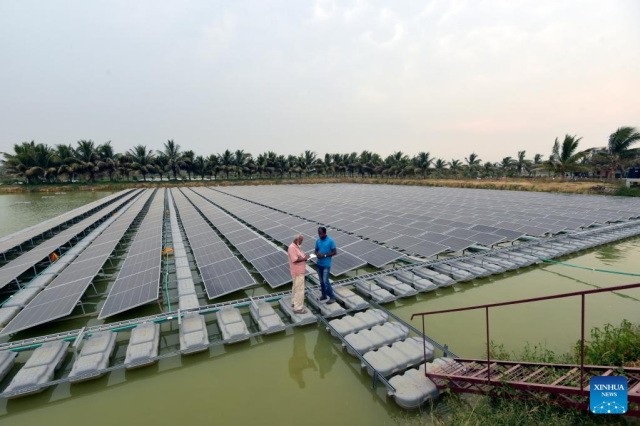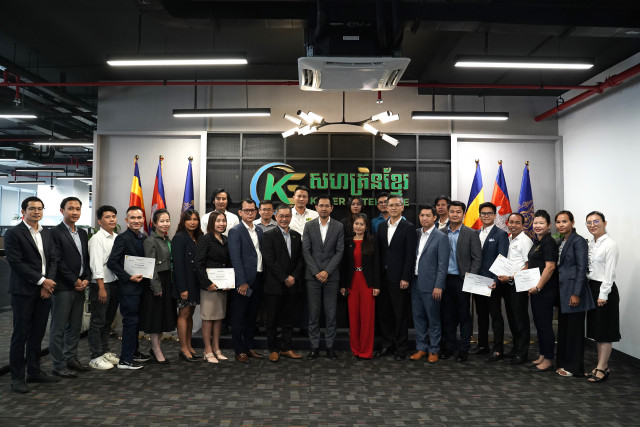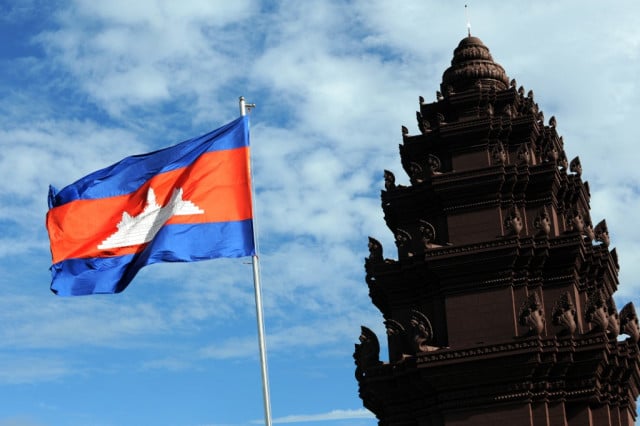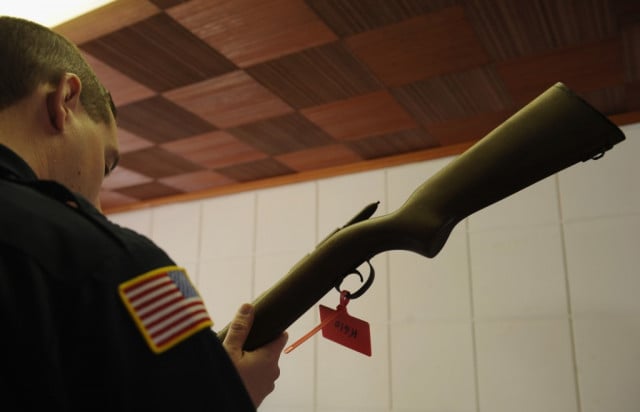Bangladesh's Largest "Solar Fish Farm" Powers Mill, National Grid

- By Xinhua News Agency
- June 17, 2023 2:50 PM
CHAPAINAWABGANJ, Bangladesh -- As the sun beams down on the thousands of floating solar panels, electricity is generated for a local mill and the national grid at a reservoir also used for fish farming in Bangladesh.
In a classic example of the food-energy nexus, the Joules Nawab Floating solar plant project consists of numerous solar panels mounted on specially designed floating platforms in a human-made pond spanning an area of 22,000 square meters.
The production of clean energy using floating solar panels, utilizes an expanse of water previously used for fish farming only. The electricity is produced without hampering the farming of fish and will contribute to the country's efforts to meet its sustainable development goals and combat climate change.
In a major step towards expanding the country's solar energy production, Bangladesh's first floating commercial solar power plant, located in Chapainawabganj district, some 302 km northwest of the capital Dhaka, was connected to the national grid recently.
Bangladeshi State Minister for Power, Energy and Mineral Resources Nasrul Hamid made the announcement in a post from his verified Facebook account recently, saying "Fish and electricity will be available from the same reservoir."
Congratulating all those associated with the project, he said the authorities will closely monitor the growth of fish in the reservoir for the next few months.
"If the power generation facility does not affect the reservoir's ecosystem, then the authorities concerned will take the initiative to produce electricity on a larger scale in different reservoirs across the country."
The project has a production capacity of 2.30 megawatts and required an investment of around 1.5 million U.S. dollars. It uses floaters, solar panels and inverters from Chinese and German firms.
The floaters are from Chinese Sungrow, solar panels from Chinese JA Solar, and inverters from German SMA Solar Technology.
Md Mizanur Rahman is an engineer for Joules Power Ltd. (JPL). He looks after the operation and maintenance of the solar power plant.
"Our company has established this solar power plant in collaboration with Nawab Auto Rice Mill. The floating plant here has a capacity of 800 kilowatts. The rest are placed on the roof," said Rahman.
He said the electricity generated here is being used by Nawab Auto Rice Mill and whatever is left over is being added to the national grid.
According to the official, 3,700 solar panels are being used at this solar power plant, 1,500 of which are floating, with the rest installed on the roof. The plant has a total of 15 inverters, six of which are used for floating.
Since the main purpose is fish farming, he said they are paying particular attention to whether there is any harm to the fish.
Abdul Momin, an administrative officer of Nawab Group, said that they mainly farm fish in 50 ponds, both small and large.
He said there is no indication, according to their observation and analysis, that the floating solar panels are harming the fish or the environment.















